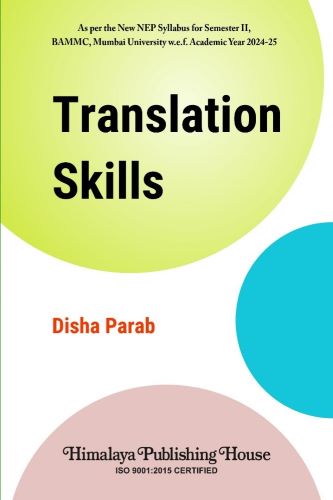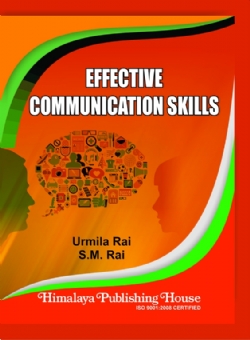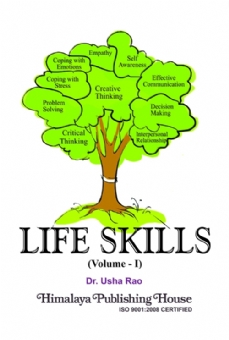Language is a bridge between cultures, a conduit through which ideas, emotions, and histories flow. In our increasingly globalised world, translation has become an essential skill that enables communication across linguistic and cultural boundaries. This book, Translation Skills, is designed to offer a comprehensive guide to the fundamental aspects of translation, exploring not only the core techniques but also the evolving tools and technologies that shape the profession today.
The content of this book is structured to address a wide range of topics central to the practice of translation, beginning with the basics of the craft. We will delve into the nuances of transliteration, explore various types of translation (such as literary, technical, and legal), and examine the critical role of cultural knowledge in producing accurate and meaningful translations. Additionally, as the field of translation continues to adapt to technological advancements, we will discuss the growing significance of computer-assisted translation (CAT) tools, which are revolutionising the way translators work.
This book also aims to equip readers with practical knowledge about career opportunities in translation. Whether you are considering a professional path as a freelance translator, working within a translation agency, or contributing to localisation projects for multinational corporations, this book will offer guidance on how to approach the job market, build a portfolio, and develop a sustainable career.
Contents –
Module – 1: Basics of Translation
1.1 Introduction
1.1.1 Meaning and Definition
1.2 Different Modes and Disciplines and Application in Media
1.2.1 Modes of Translation
1.2.2 Disciplines of Translation
1.2.3 Application of Translation in Media
1.2.4 Technological Impact on Translation
1.3 Meaning of Faithful Translation
1.3.1 About Walter Benjamin
1.3.2 Key Aspects of Faithful Translation in Benjamin’s Essay
1.4 Learning How to Translate: Communicative Translation
1.4.1 Characteristics of Communicative Translation
1.5 Transliteration as the Failure of Translation
1.5.1 Functions of Transliteration
1.5.2 Examples of Transliteration
Module – 2: Types of Translation
2.1 Formal Translation and Word-to-Word Translation
2.2 Semantic Translation
2.3 Challenges of Translating Grammar, Symbols, and Literary Style
2.4 Adaptation and Transfer of Form: Media Transfer in Fiction to Film or Drama to Film
2.4.1 Key Elements of Style in Adaptation
2.5 Use of Imagery, Non-verbal Communication and Intonation in Translation
2.6 Free Translation: The Translator’s Licence and Question of Zero Translatability
Module – 3: Translation and Adaptation
3.1 Translating Biographies of Important Personalities: Key Guidelines and Considerations
3.2 Film Adaptations: Turning Literary Stories into Films
3.2.1 Key Rules and Points to Keep in Mind when Adapting Literature into Films
Module – 4: Cultural Knowledge and Computer-Assisted Translation (CAT)
4.1 Introduction to CAT
4.2 Translation as Transference of Meaning, Interpretation, and Political or Social Protest in Feminist, Post-colonial, and Post-modern Literature
4.2.1 Translation as Transference of Meaning
4.2.2 Translation as Interpretation
4.2.3 Translation as Political and Social Protest in Feminist, Post-colonial and Post-modern Literature
4.2.4 Challenges in Political and Social protest through Translation
4.3 The challenges of Cultural Translation: Understanding Diversity in Indian Context
4.4 Translation in Social Media and Literature: A Comparative Glance
4.5 Understanding Computer-Assisted Translation (CAT) Software
4.5.1 Key concepts of CAT tools
4.5.2 Features of CAT tools
4.5.3 Popular CAT softwares
4.5.4 How CAT tools help Translators
4.5.5 Advantages and Disadvantages of CAT tools
Module – 5: Jobs as Translators
5.1 Introduction – Translator, Importance of a Translator
5.2 Essential Skills of a Translator
5.2.1 Duties of a Translator
5.3 Emerging Career Opportunities for Translators: Expanding Roles in Literature, Education, Technology, Medicine, and Global Affairs
5.3.1 Emerging Trends for Translators







